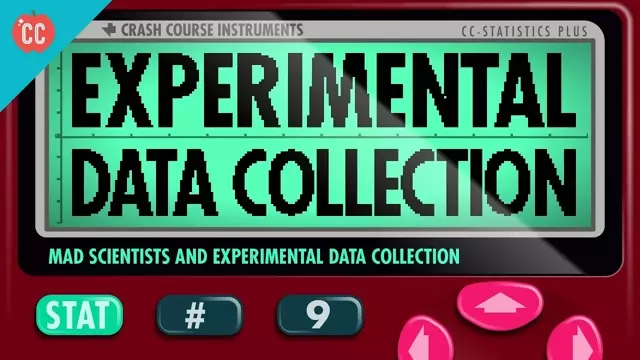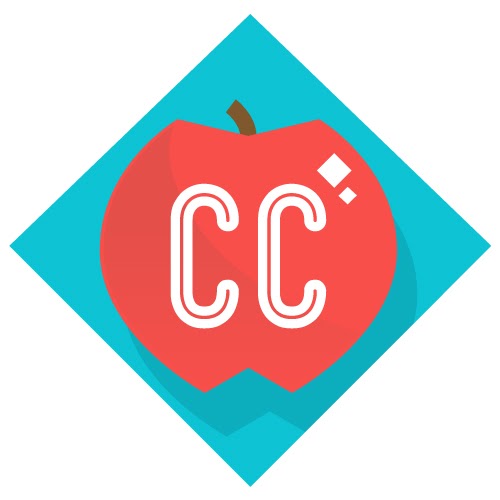2018-03-21
[public] 180K views, 4.36K likes, 47.0 dislikes audio only
We may be living IN a simulation (according to Elon Musk and many others), but that doesn't mean we don't need to perform simulations ourselves. Today, we're going to talk about good experimental design and how we can create controlled experiments to minimize bias when collecting data. We'll also talk about single and double blind studies, randomized block design, and how placebos work.
Crash Course is on Patreon! You can support us directly by signing up at http://www.patreon.com/crashcourse
Thanks to the following Patrons for their generous monthly contributions that help keep Crash Course free for everyone forever:
Mark Brouwer, Justin Zingsheim, Nickie Miskell Jr., Jessica Wode, Eric Prestemon, Kathrin Benoit, Tom Trval, Jason Saslow, Nathan Taylor, Divonne Holmes à Court, Brian Thomas Gossett, Khaled El Shalakany, Indika Siriwardena, Robert Kunz, SR Foxley, Sam Ferguson, Yasenia Cruz, Daniel Baulig, Eric Koslow, Caleb Weeks, Tim Curwick, Evren Türkmenoğlu, Alexander Tamas, D.A. Noe, Shawn Arnold, mark austin, Ruth Perez, Malcolm Callis, Ken Penttinen, Advait Shinde, Cody Carpenter, Annamaria Herrera, William McGraw, Bader AlGhamdi, Vaso, Melissa Briski, Joey Quek, Andrei Krishkevich, Rachel Bright, Alex S, Mayumi Maeda, Kathy & Tim Philip, Montather, Jirat, Eric Kitchen, Moritz Schmidt, Ian Dundore, Chris Peters,, Sandra Aft, Steve Marshall
--
Want to find Crash Course elsewhere on the internet?
Facebook - http://www.facebook.com/YouTubeCrashCourse
Twitter - http://www.twitter.com/TheCrashCourse
Tumblr - http://thecrashcourse.tumblr.com
Support Crash Course on Patreon: http://patreon.com/crashcourse
CC Kids: http://www.youtube.com/crashcoursekids
/youtube/video/kkBDa-ICvyY?t=14
/youtube/video/kkBDa-ICvyY?t=215
/youtube/video/kkBDa-ICvyY?t=249
/youtube/video/kkBDa-ICvyY?t=254
/youtube/video/kkBDa-ICvyY?t=292
/youtube/video/kkBDa-ICvyY?t=368
/youtube/video/kkBDa-ICvyY?t=453
/youtube/video/kkBDa-ICvyY?t=518
/youtube/video/kkBDa-ICvyY?t=544
/youtube/video/kkBDa-ICvyY?t=610
/youtube/channel/UCX6b17PVsYBQ0ip5gyeme-Q
youtube.com/channel/UCwTZ-JLF5FQ3EmQ2nPaS-lg
http://www.patreon.com/crashcourse
/youtube/video/zouPoc49xbk

